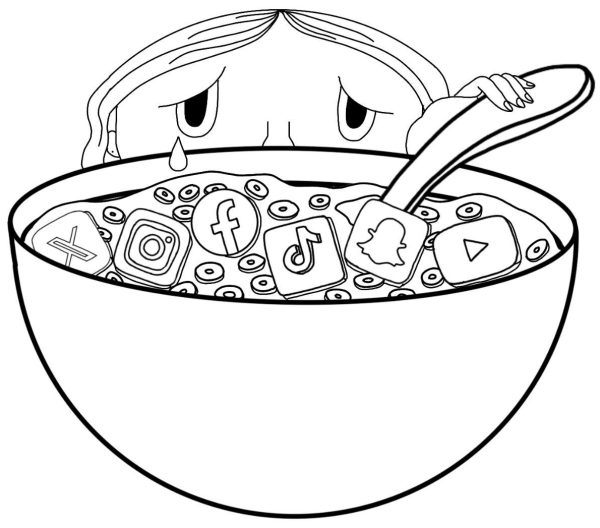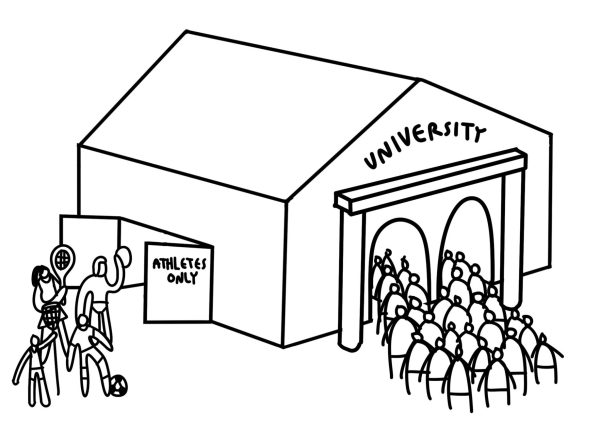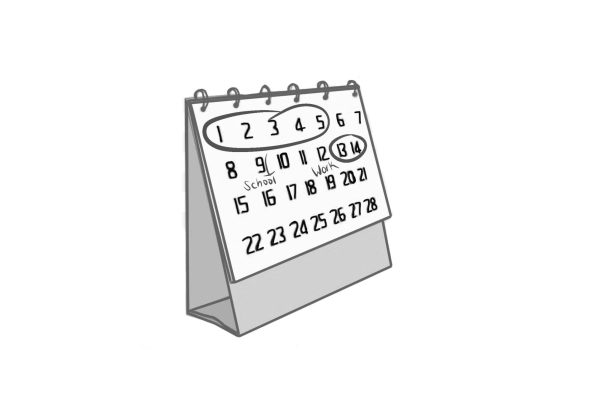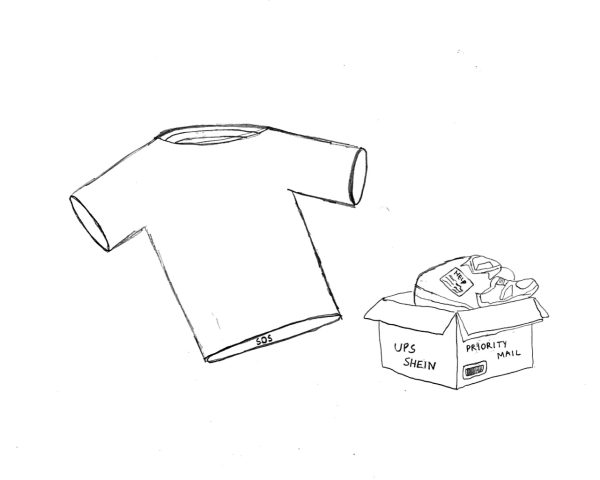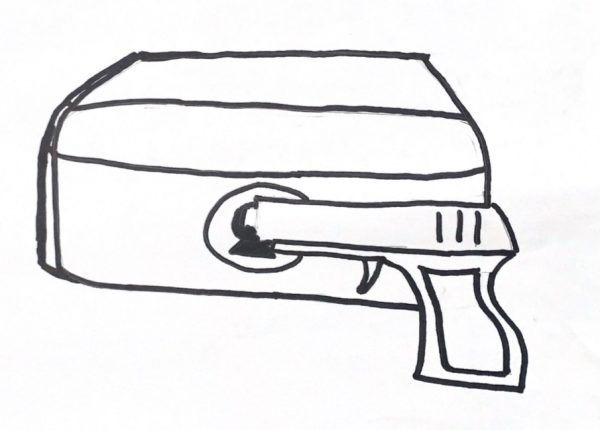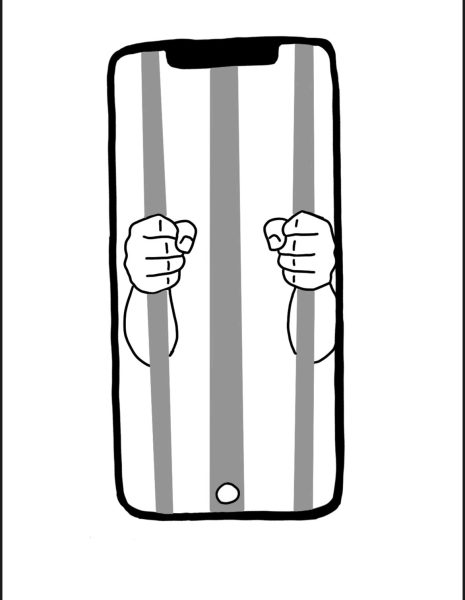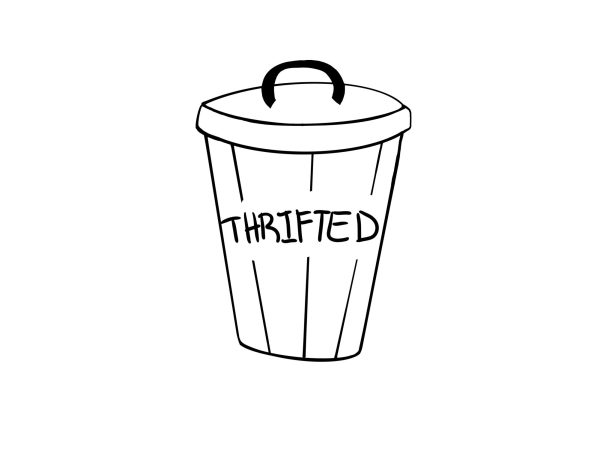Halloween vs. culture: how much is too much?
November 27, 2018
Halloween has always been one of my favorite days of the year. You can be anything you want and get rewarded with free candy. What is better than that?
However, Halloween is not as carefree of a holiday as it may seem. Offensive and often inaccurate cultural and racial stereotypes are displayed through many mainstream costumes, which can be blatantly offensive to certain ethnic or religious groups.
The essence of cultural appropriation can be defined as taking parts of a minority group’s way of life and adopting them, although the display of these aspects are often immoral and offensive. What gives people the right to take the very core of someone’s cultural identity and display it in a superficial costume? This can be anything ranging from the groups’ spiritual to traditional attire, or whatever defines them culturally. Mimicking cultures displays the belief that those groups do not have value and are not taken seriously. Cultural appropriation gives the inaccurate message that anybody has the right to acclimate into whatever culture they please, with no knowledge on their traditions and background, which simply isn’t the case.
Junior Lena Hicks is a Coastal Miwok Native American, and is aware of the offensive nature of these costumes. She feels that not only can people be hurtful, but also ignorant in their false displays of cultural identity.
“When people are trying to wear headdresses, those are actual medals from Native Americans, not just decoration. People don’t really understand that the clothing and different costumes that they are wearing actually have meaning behind them, so when they are wearing them it’s actually really offensive,” Hicks said. “If people don’t know the meaning behind what they are wearing, and they don’t share that [cultural] history, it’s not okay or appropriate.”
Redwood students are not the only people who are offended by these costumes. Members of the Students Teaching About Racism in Society at Ohio University are creating a campaign to enforce the message that minority cultures are not something that can be adopted by anyone for just one day out of the year. According to these students, the point of the campaign is to get rid of these stereotypical costumes by raising awareness, as many people who buy these costumes aren’t informed on the negative impacts flawed representation of these groups are having on society.
Additionally, Hicks feels as though people wear these costumes for looks, rather than to appreciate the culture.
“I see girls mainly wearing the ‘sexy Native American’ costume, and they just think it’s cute to wear braids and do some face paint and tan themselves, but that’s not at all what it is. The clothing [the Native Americans] wore was more so based off of the resources they had, but people are just trying to be cute and make themselves look like a ‘hot Indian.’ That definitely wasn’t the goal of the Native Americans,” Hicks said.
Now don’t get me wrong, Halloween is a day that I hope will be celebrated forever, but I can’t truly enjoy it when everywhere I look, I see people ignorantly portraying cultures, races and religions that aren’t theirs. Imagine your culture being in the same category as make-believe creatures such as ghosts, witches and fairies.With the proper knowledge, our society could be more informed as to why this isn’t right. But the problem is that we need to educate our population on different cultures other than our own, and the moral implications mocking these cultures can have on our society. Halloween is a wonderful holiday in concept, but can only be a nationwide celebration if we educate our society on how to celebrate appropriately. This Halloween I hope we can all dress up, have fun and celebrate the holiday respectfully, leaving culture-based costumes in the past.








